Smalls the Wonder, by Cindy Phan
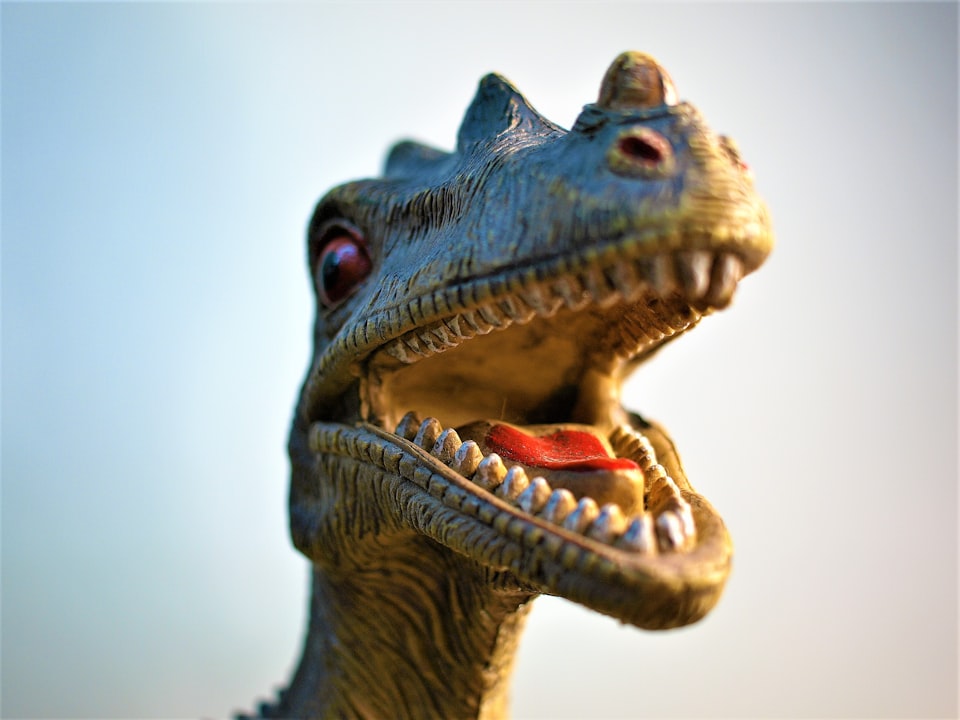
Content warnings
Death.
Ambrose Smalls was not a great man. Nor was he a wise man, or rich. He was not famous or beloved. Or, admittedly, handsome. Rugged, certainly, in a way that was even pleasing, with patches of fine stubble trailing along his prominent jawline, and deep furrows around his eyes when he grinned and, especially, laughed.
And he was tall, so tall he stooped, and yet remained very tall, towering above those around him like an overgrown fiddlehead, kindly and spry.
He was all these things.
But not handsome.
He had been loved, once, so far back in his primordial youth that he could not be trusted to recall the details of the matter. And he had been missed, dearly so.
No longer, thought Ambrose. But no longer.
“Mr. Small?” came a voice tinged with the kind of imperative irritation Ambrose had become accustomed to hearing from the park manager.
Another one, following Mr. Williamson’s sudden departure—heart attack, massive, catastrophic, and at the very desk that his successor now occupied, desk and man sitting heavily in the cramped office like a dead weight dropped into the pit of one’s stomach.
Or so Ambrose surmised, when he thought to think about it.
“Mr. Small!” Real anger infused the voice now.
Ambrose blinked. “Smalls. It’s Smalls, sir. Not small.” Many things he was, this was true. Small, however, he was not. “It’s an easy mistake to make.”
“What was that?” came the quick, clipped words. “Mistake?”
“Oh, uh, nothing! I meant nothing by it, Mr., uh…” Ambrose struggled to unearth the name from the detritus of his memory. “Mr. Steiss! Sir.”
“Right. As I was saying…” and, mollified, the man went on.
And on.
“…attendance down…closing the dinner theatre, though mini golf will stay open. As for the rides themselves…”
“Yes, sir.”
“…totally strapped, just do what you can when you can, and remember from now on…”
“Yes, sir.”
Ambrose blinked again after Mr. Steiss finally stopped talking. The office, sighing, had crept imperceptibly tighter around them.
“You understand?” Steiss asked after a long pause.
“Yes. Sir.”
He let Ambrose go.
Ambrose collected his kit, bucket rattling, guiding it along by the handle of his mop, thinking, thinking all the while.
Once loved, and no longer. Never handsome, even for a time. That’s what he remembered. That’s what he dreamed.
He shook his head.
What’s the difference between a memory and a dream? Given time, Ambrose reasoned, not much, not anything. Not really. Memory lives in the imagination and the imagination, as far as Ambrose knew, was boundless, if ultimately destined to fade in its own right—if not nurtured, if not fed.
Yes.
So why worry? It’s only the end at the end.
The thin, watery light of the passageway trickled away, opening to the din of the concourse and its half-hearted throngs.
Once, there had been so many people here that many others had been turned away. Encouraged to wait or—better yet—take a stroll in the meantime through the gleaming walkways that lead them into the heart of Centreville Mall, lose themselves in its dense warren of shops, restaurants and other assorted attractions; meet up with friends, get in a workout at the gym, skate the ice rink, grab a bite, take in a show, pick up new shoes, new clothes, toys for the kids…
Yes.
Something for everyone, here, at the mall with it all! Anything, everything anyone could ever possibly want!
But that too had been such a long time ago.
Centreville Mall was dying.
It was, in fact, always dying, a prerequisite, now, for its incessant existence, one which was bolstered by the constant closing and opening of storefronts and food vendors; a dwindling, yet ever-present assortment of discontinued services; on-going emergency repairs and never-ending renovations; the intermittent cordoning-off of the west wing…
…and, perhaps, in the meantime, through circumstance-inspired tragedy, it helped itself to a mall rat, or two (a broken neck on the Tilt-A-Whirl, a cracked skull on the bathroom floor). Or a patron by way of a freak fall down a sharp-staired escalator; a lost child swallowed up in the unassuming aisles of its remaining department store.
A park manager, long past his prime.
Small deaths all. All so the mall itself could remain, and so too did its park.
A compromised life, to be sure, but what was life without compromise?
Without sacrifice?
Ambrose, certainly, didn’t know.
Ambrose, actually, could care less, if he tried.
If he had to.
A scream ripped Ambrose from his reverie. He abandoned his kit, and in the few quick strides which took him past the food court, roller-coaster, carousel and to the star attraction of the park—the dinosaur paddock—he located the source of the trouble: a little girl, still crumpled on the floor where she landed, who had fallen off a tattered allosaurus, despite the bright, well-placed sign rendered in Ambrose’s careful script crying out DO NOT TOUCH.
“Are you okay?” Ambrose asked with barely a glance at the girl. Behind her, he watched as the allosaurus sputtered and swayed, its bolts and screws jolting off-centre, its servos firing erratically.
Ambrose knew it was a risk approaching the child without his paraphernalia to mark him a non-threat, and with her guardians surely around some blind corner of the park (Glib’s Fantasy Park! The largest indoor amusement park in the country, Ambrose was supposed to say, as per Mr. Steiss’ new directive, as much as humanly possible).
Ambrose kept a good distance between himself and the girl. She was dressed in a puffy pink dress, with her strawberry blonde hair done up in a flagging ponytail. She regarded him warily, suspicion on verge of contempt.
Ambrose reached for the ID badge that hung from the pocket of his coveralls. “I work here, see? Janitorial Staff.” He pointed. “You shouldn’t be climbing on them, okay? It’s not a good thing to do.”
The girl scrunched up her face at him then, to Ambrose’s immense relief, just as it seemed she might scream again—out of anger and indignation this time—she turned tail and ran.
“Huh. I’d steer clear of Rothman’s if I were you.” Ambrose watched until she disappeared into a group of other similarly dressed children gathered near the Ferris wheel (ah, of course, a birthday party), then turned back to the allosaurus.
He patted its ragged flank. “Easy.”
The expression on its face flickered under the harsh florescent lighting of the park. It lurched once, twice, radiating dead-eyed fury as Ambrose murmured reassurances.
“Easy now.”
Eventually, soothed by Ambrose’s steady presence, it settled, rumbling softly under his dark brown hand.
Ambrose had read in the paper one morning of a great and foolish thing: scientists striving to re-create a dinosaur from a chicken (or more precisely, its embryo).
What an ordeal for the chicken! What a rude awakening for the dinosaur!
He laughed, voice filling his tiny kitchen.
What came first? The chicken or the egg or the dilophosaurus?
“Lord knows! Lord only knows.” Ambrose stirred his coffee, adding another heaping spoonful of sugar. “Ridiculous… ridiculous…”
Of course (as advertised), the park featured an array of the prehistoric creatures, great and terrible. And yet, while their existence was a marvel—the sheer size and fact of them brought to painstaking life in silicone and steel—it had done little in the prevailing years to see to their upkeep.
After all, the people, they didn’t really come for the dinosaurs so much as the spectacle of them.
That’s what they coveted. That’s what they loved. And so it was this exactly, in exchange for their time, in exchange for their presence, their devotion, that Centre promised them: excitement, amusement, entertainment.
Fun for the whole family.
Ambrose shook his head.
Was there anything sadder than prescribed joy, bought at an inflated price? Was there any more tragic sight than a patched-up hadrosaur?
But that’s what happens, isn’t it, when you capture the spirit of a thing and then leave it to rot, forgotten, or at most an afterthought, and only then when it bowed under the strain of its own drawn-out existence.
Ambrose saw their faces every day, frozen in affected growls or odd grimaces or else struck painfully dumb, with glazed over expressions and slack jaws.
Gawked at, climbed on, grabbed. Punched, bitten, gnawed on (by wayward babes, but also the occasional adult), and kicked.
Love like that, it festers.
Yes, there were days when it was all Ambrose could do, for all their sakes (theirs, his, the guests and always, always Centre’s), to keep his charges lashed to their moorings. There were nights when they got very far indeed, and he had to gently, yet firmly, persuade them back to the paddock—the brontosaurs, especially, had a penchant for wandering off, moving one laborious leg after the other, searching for something that was no longer there.
Glory days.
Ah, Ambrose had had his share of those as well. Not as many as he had thought, or would have liked, mind you, but there was no helping that now, was there?
He sipped his coffee, wincing a bit at its sweetness.
The allosaurus was first among the fallen, one of many that broke down so irreparably it was all Ambrose could do, salvaging what he could before Mr. Steiss sold the rest for scrap.
First the allosaurus.
Then the pteranodon.
Then the spinosaurus.
The velociraptor.
The stegosaurus.
Deinonychus…
…iguanodon …
… oviraptor…
…triceratops…
…tyrannosaurus …
It was enough.
It was too much.
“No more,” vowed Ambrose. “No more.”
There was a place deep within the forgotten reaches of Centre where even staff dared not go, under the dust-mottled skylight where once recycled water dribbled from the leering heads of cherubs stamped across the fiberglass edifice of a colossal, four-tiered fountain.
It was here that Ambrose ventured. It was here, across from a derelict arcade, abandoned consoles flickering, that he stood his ground, remembering his remembered speech and meeting it, beat for beat:
“I am not unskilled! I’m no ignoramus! Let me do what must be done, and just let that be it.”
He waited, blood coursing in his ears.
Once loved, but no longer. And no one left in this world to miss him, even a little.
“It’s time! Well past due! Do you hear me?”
You can’t ever go back, Ambrose knew that.
“Please. Just let them go.”
But he also knew that the sum could be more and less than its parts. He just hoped Centre knew that too.
Across from where he stood the consoles flashed, and the lights went out. There came the soft shattering sound of splintering glass, an echo of footfalls close, much too close, as if something emerging from the shadows, stopping short to breathe down his neck.
A few weeks. A few short weeks was all he needed. “Are they so unworthy?” He stood tall, taller than he had in years, staining against the weight of his own, careworn heart. “Are you?”
Ambrose heard it before overtook him, in the creak of the distressed metal beams above him, in the groan of the walls surrounding him.
He felt it: the anger, humiliation, amusement, boredom, despair. The fear. A loneliness, cold and wasting, that yet could not hope to rival his own.
And in the end, it hardly mattered.
A sizzle and crack and then a hail of sparks, hot and blinding, engulfed him, plunging Ambrose into their brilliant oblivion, stars sent flying across the backs of his eyes, as Centre, to his astonishment, complied, blowing critical systems, damaging itself enough to require immediate, intensive repair beyond what he could offer.
Enough and too much.
Entirely too much.
Ambrose opened his eyes.
Distantly, he heard screaming. There were shards of skylight embedded in his face, across his cheekbones; there was oily, debris-choked water at his feet, exposed wiring and burst ducts dangling dangerously close to his head, but he paid them no mind.
Perhaps Centre loved them too, in its own way. Perhaps there were parts of yourself you could never bring yourself to kill, no matter the necessity.
Or perhaps Centre was done dying and simply craved one last, glorious meal. All it could ever want, or could ever truly indulge.
Whatever its reasons, lights out, mall emptied, doors locked.
Time now.
Ambrose set to work.
Mistakes were made. Triumphs too.
And some surprises, even after all these years, despite himself.
There was nothing that went to waste, no extravagance that was spared.
And if that meant six limbs instead of four, two heads in place of one, wings where there had not been, extra claws, sharper teeth, so be it.
If that meant that there were things that now stalked a world with no memory of them—new corporeal realities, new ways to astonish, new ways to die—then it was time, wasn’t it, to let imaginations run rampant.
Doors opened at 9:00AM, and there was always a line on the weekend: beleaguered parents and eager children trying to make the most of the day, make new memories.
Oh, they won’t be disappointed. Not today. Those left in the aftermath will remember today and tell it for years to come, well after the park destroyed itself, well after Centre was reduced to rubble. Well after Ambrose himself.
Ambrose smiled. “Love hurts.”
He couldn’t wait to see the looks on their faces.
Author’s note
This story was inspired by the ever-dying mall near my old neighbourhood. It too housed an indoor amusement park featuring animatronic dinosaurs in various states of decay, the triceratops with its open mouth and missing tongue standing out among them as perhaps the most deserving of some kind of redress.
Cindy Phan
Cindy Phan writes about the everyday fantastic, in which the boundaries between the tragic and the absurd shift, transform and misbehave. Her fiction has appeared in Augur Magazine, Luna Station Quarterly, khōréō magazine and others.
- BlueSky: @besidealife.bsky.social
- Mastodon: @besidealife@mastodon.social
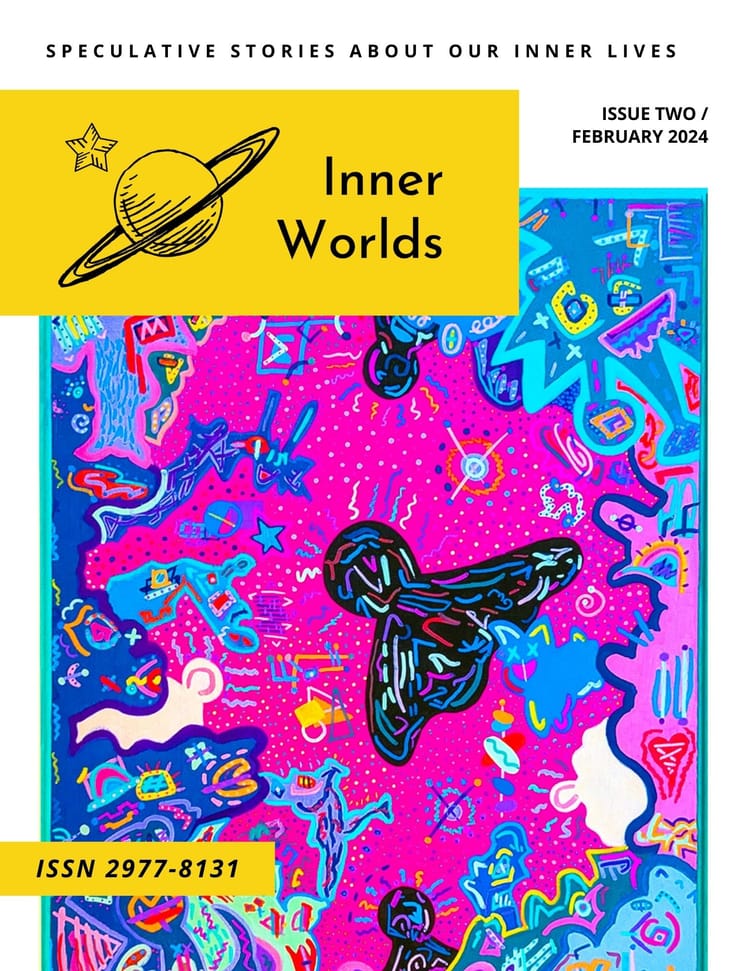
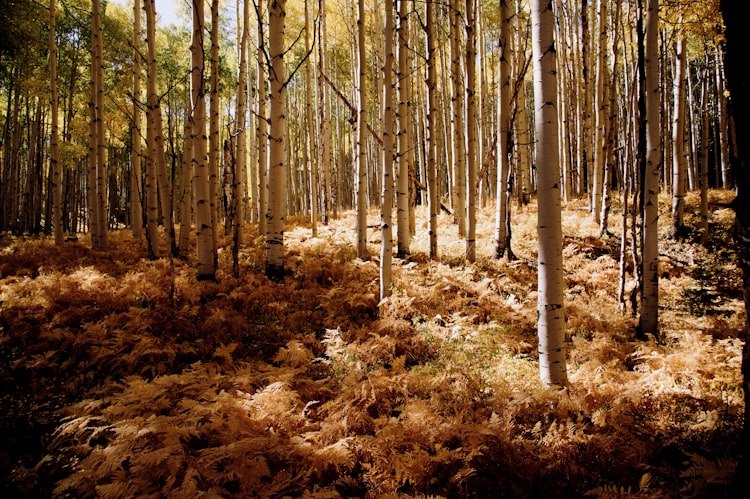
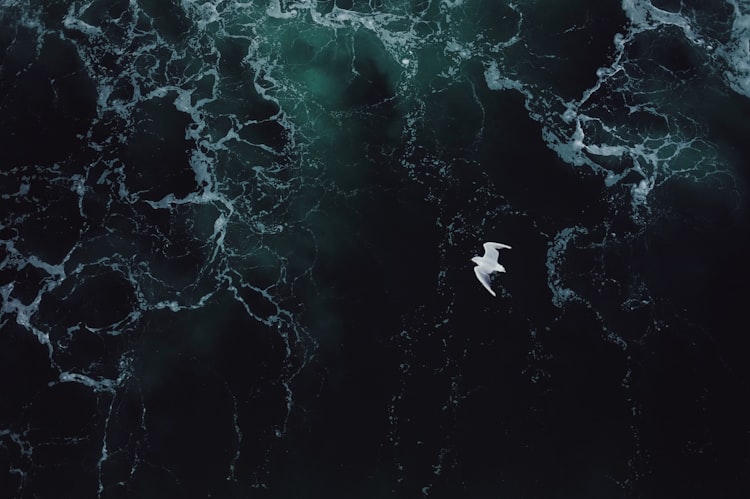
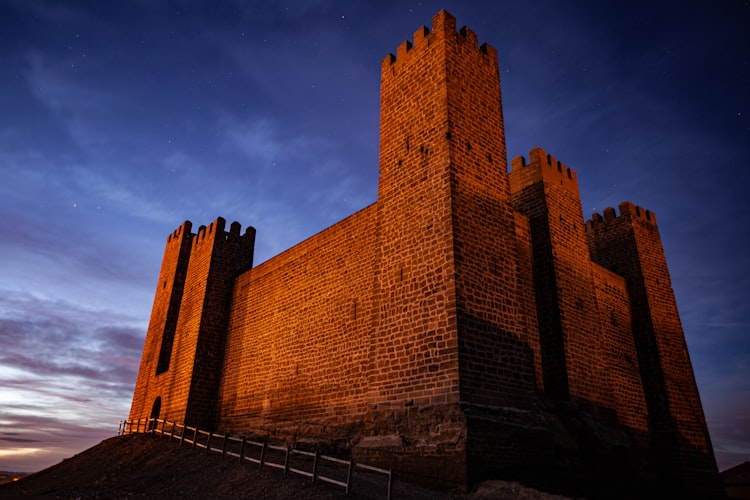
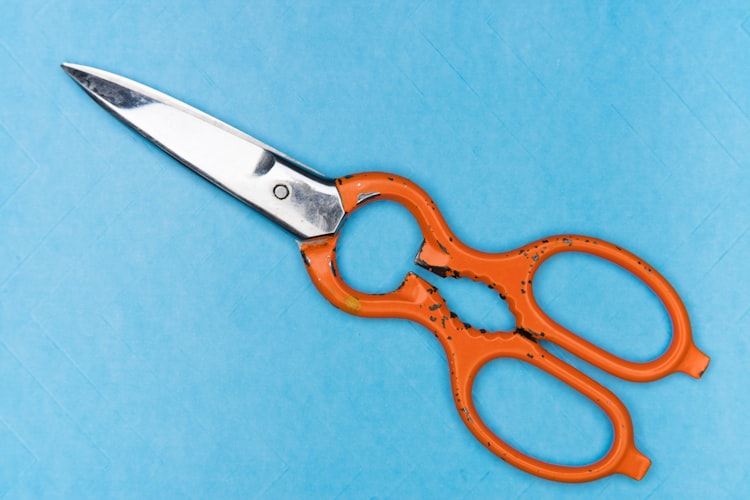
Member discussion